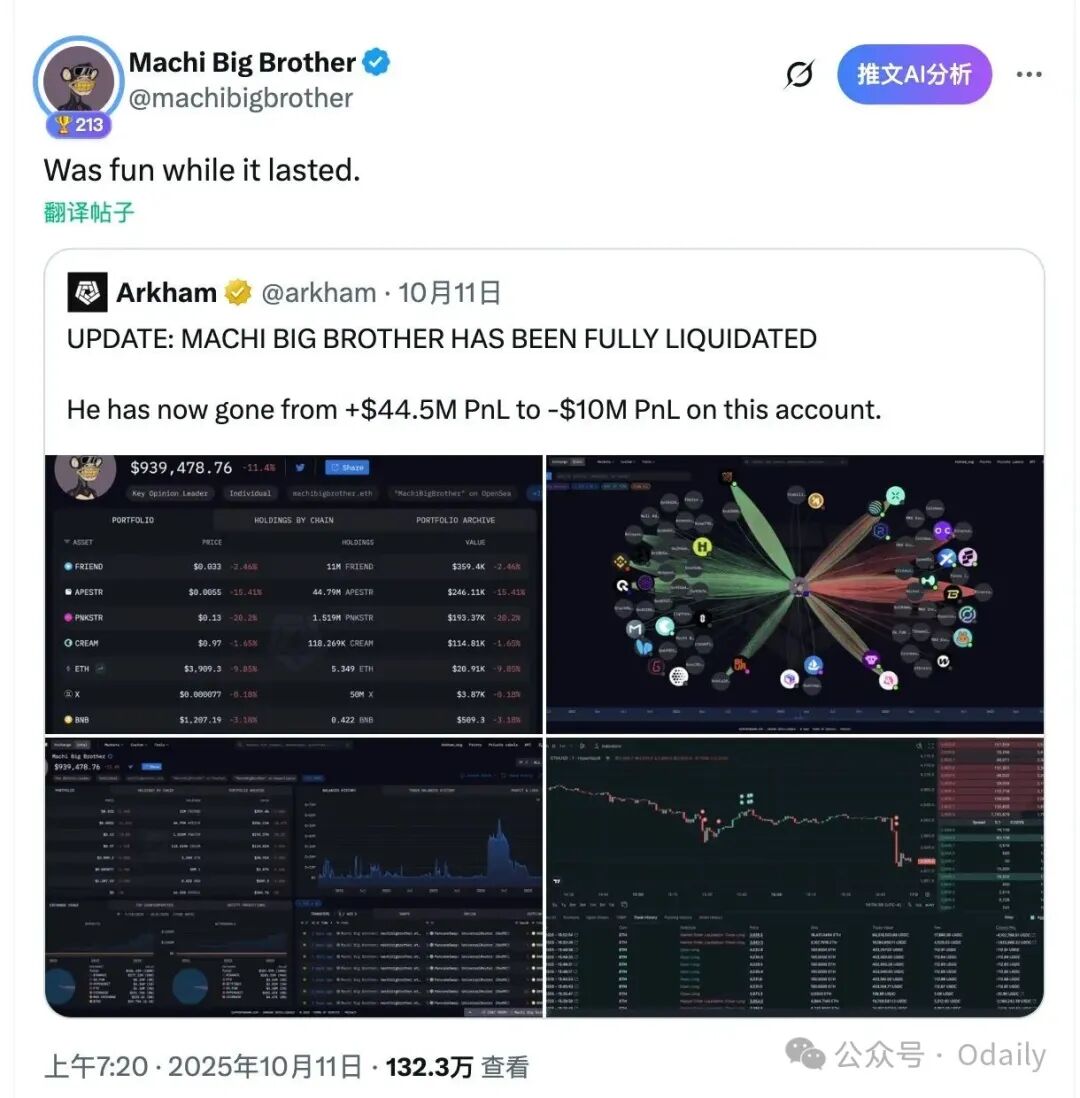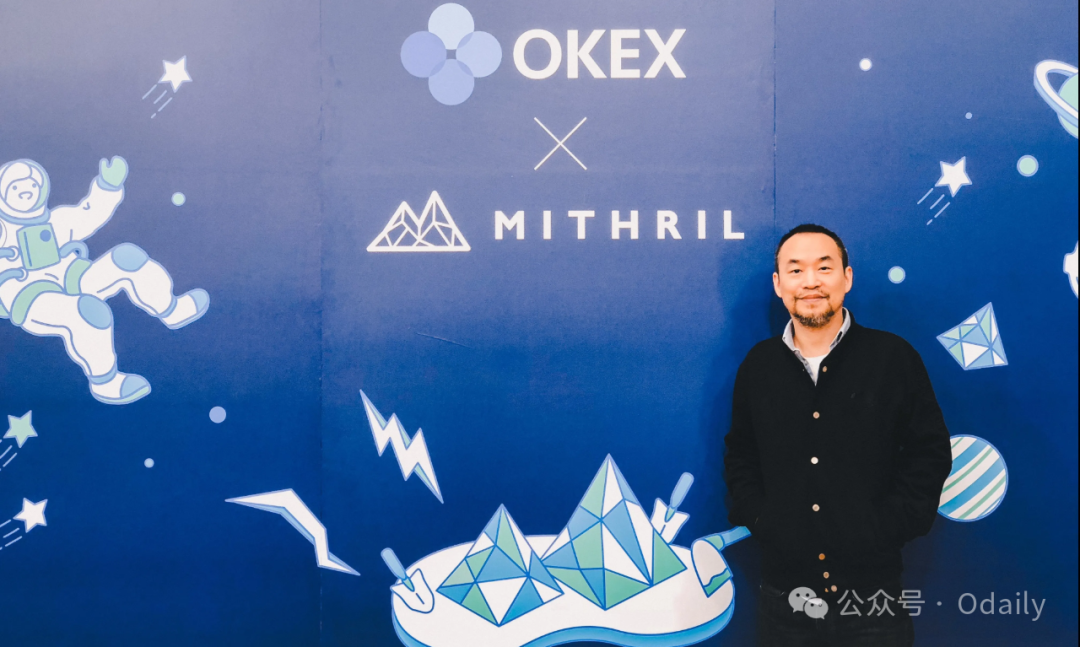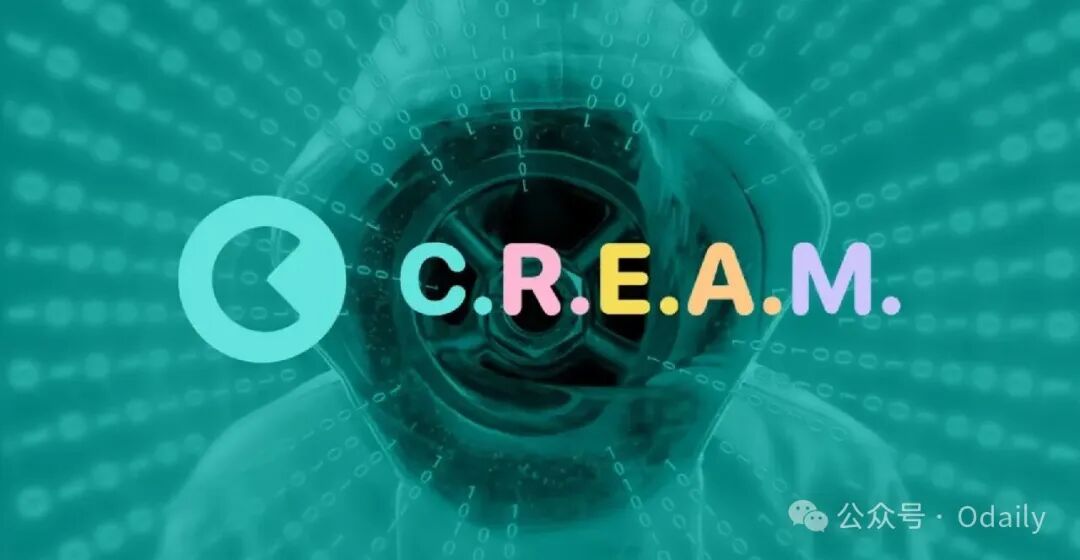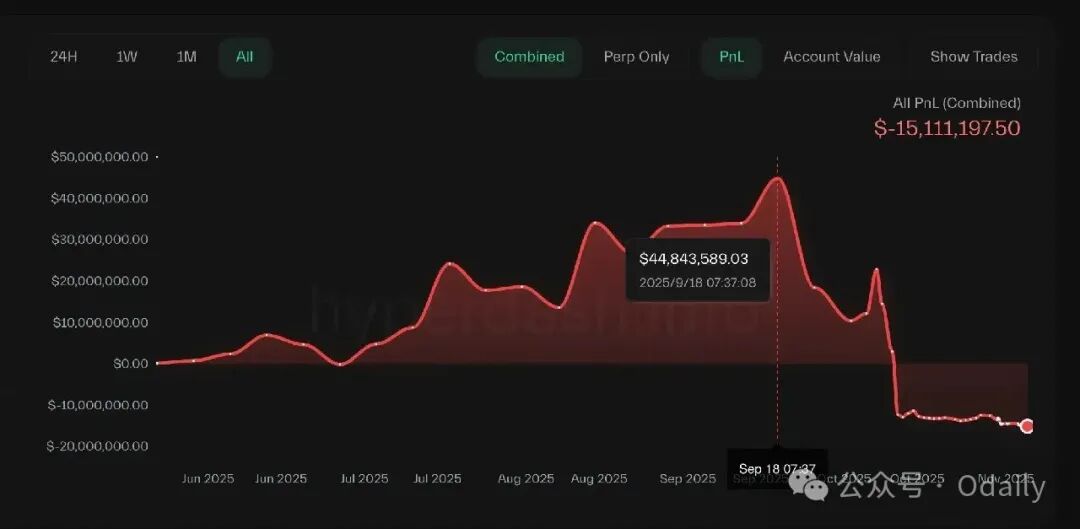Author: Ethan; Editor: Starry Little Flower
On November 4, the former whale "Machibigbrother" Huang Licheng (@machibigbrother) took action again. He reopened a long position of 100 ETH with 25x leverage using the remaining $16,700 on the decentralized trading platform Hyperliquid.
24 hours later, liquidation struck again. Early on November 5, monitoring data showed the account balance was only $1,718. This operation came just 47 days after the peak of his account's assets.
Back on September 18, with high leverage and a heavy long position, he once had an unrealized profit of $44.84 million, becoming one of the most notable contract whales on-chain. However, the market was hit by a sharp drop on October 11, causing a severe market shake, and crypto assets plummeted continuously over the next month. Amid ongoing resistance and margin calls, Hyperliquid's liquidation interface flashed red like the eye of a storm, and Huang Licheng's account "collapsed" in a series of forced liquidations: not only were all profits wiped out, but the principal of $15 million also nearly went to zero, leaving only "a few scraps of silver" from a peak account close to $60 million.
In response, he left a message on social media: "Was fun while it lasted."

Thirty years ago, he stood in the true "spotlight."
It was the 1990s in Taiwan, when hip-hop culture first entered the Chinese-speaking world. Young people dressed in baggy denim, dancing to the beat, and screaming in excitement were the most avant-garde presence at the time. Huang Licheng, the leader of the earliest Chinese Hip-hop boy band L.A. Boyz, commanded the stage, controlled the audience's rhythm, and embodied the era's sense of fashion.
Thirty years later, this person who craved to control the rhythm has gone through countless speculative ventures from different angles and methods, trying to stand at the crest of the capital tide, yet all of this has spiraled out of control amid madness and noise.
From Hip-hop Kid to Tech Entrepreneur
From a trendsetter in the entertainment industry to a serial entrepreneur in the internet space, and then to a crypto whale with the label of "scalper," every turn of "Machibigbrother" Huang Licheng over the past twenty years has been filled with drama and controversy.
Clearly, he is accustomed to standing at the forefront, understands the economy of attention, and is unwilling to miss any opportunity.
Born in 1972 in Yunlin, Taiwan, Huang Licheng immigrated to California with his family at the age of 2. He was rebellious and street-smart. During high school, he formed a dance group called Funky Asian Buddy with his brother Huang Lichang and cousin Lin Zhiwen, spending days dancing on the streets, battling, and looking for opportunities in nightclubs. In 1991, the three were discovered for their unique style and officially returned to the Taiwanese music scene under the name L.A. Boyz. They swept across the island with a mix of Chinese and English lyrics and an American street vibe. At that time, the Chinese music scene was still dominated by Japanese idol styles, while L.A. Boyz brought a refreshing American hip-hop style, making Huang Licheng a pioneer of Hip-Hop culture in the Chinese-speaking world, sparking a wave.

The L.A. Boyz of that year: Lin Zhiwen (left), Huang Lichang (middle), Huang Licheng (right)
L.A. Boyz debuted in 1992 and released 13 albums, becoming immensely popular. However, as the Taiwanese music scene shifted towards "lyrical songs" in the late 1990s, L.A. Boyz's cool hip-hop style gradually lost its mainstream market. After disbanding in 1997, Huang Licheng gradually turned to business and behind-the-scenes work, venturing into the tech industry.
In 2003, he founded Machi Entertainment, fully engaging in music production and artist management. He transitioned from artist to boss, producer, and businessman.
Huang Licheng always wanted to be the "first to eat crabs" and was well-versed in the flow of traffic. While shifting from the entertainment industry to behind the scenes, he turned into a tech entrepreneur. He recognized the value of traffic and attention early on.
In 2015, Huang Licheng and his technical partners founded 17 Media, with the flagship product being the "17 Live App," focusing on real-time video interactive social networking. At that time, Douyu was just emerging in mainland China, and similar products like Inke and Huajiao had not yet launched. The app quickly became popular in Taiwan, attracting millions of users, with a valuation that once reached several billion New Taiwan dollars, receiving investments from figures like Wang Sicong and LeEco Sports.

Huang Licheng speaking at MOX Demo Day as the founder of 17 Media
Due to inadequate early regulations, some content from various beauty streamers on the app was too explicit, leading to 17 being temporarily removed from the App Store and Google Play. Subsequently, Huang Licheng led the team to adjust the content mechanism and shifted the market focus to Japan, Hong Kong, Thailand, and other regions. In 2017, 17 Media merged with the social app Paktor to form M17 Entertainment, rebranding the platform to 17LIVE. Although Huang Licheng served as chairman, he gradually began to divest shares and cash out.
In 2018, 17 Media attempted to go public on the New York Stock Exchange, but the listing was canceled on the day of the IPO, and the plan fell through. According to insiders, M17 ultimately failed to meet audit and reporting requirements and could not overcome its bid threshold. The company then shifted its focus to Japan, until Huang Licheng resigned from all positions in 2021, exiting management while retaining equity, with the Japanese team taking over the main operations.
Beyond 17, Huang Licheng also had several other entrepreneurial attempts, such as the "erotic chat platform" Swag and the film company Machi Xcelsior Studios, but most did not enter the mainstream spotlight until he encountered the best speculative soil—the crypto space.
Crazy Machi: Not Missing Any Opportunity
With a successful background in internet entrepreneurship, Huang Licheng seized the opportunity again during the 2017 ICO crypto wave and plunged into the blockchain industry.
2018 Targeting Social Mining and Token Issuance
At the end of 2017, he continued the product experience of 17 and led the launch of the blockchain project Mithril (MITH), focusing on the concept of "social mining," claiming to create a "blockchain version of Instagram." The core mechanism was that users could earn MITH tokens through algorithms by posting content and gaining interactions on the decentralized social platform Lit, rewarding creators.
Mithril conducted a private token sale on February 21, 2018, raising $51.6 million (approximately 60,000 ETH at the time), accounting for 30% of the total token supply. In February 2018, 70% of these private sale tokens were unlocked at TGE, and 30% were unlocked over the following three months.
In February 2018, after the MITH token was listed on exchanges like OKEX (now OKX) and Binance, its price soared. However, due to the team directly selling 89% of the total circulating supply within the following three months, the price plummeted by 80%.

Huang Licheng at a Mithril and OKEX collaboration event
After that, the bubble burst, and the market cooled down. The project was conceptually empty, with numerous product flaws and no real users, leading to a continuous decline in MITH's price without resistance, dropping over 99%. Subsequent attempts to launch products like Mith Cash to ride other trends were futile, and by 2022, MITH was delisted from platforms like Binance, nearing zero.
Clearly, the token issuers made a fortune, while the buyers lost everything. The Mithril project established Huang Licheng's initial reputation as an "early crypto scalper" in the Pump and Dump scene.
Launching DeFi Protocols in 2020
In 2018, Huang Licheng also co-founded Baodao Finance, claiming to be a vault management platform built for blockchain companies. It raised $23 million (44,000 ETH) at one point, but the project only launched on a few decentralized exchanges before quickly going to zero.
Additionally, Huang Licheng launched the previously centralized copyright trading platform Machi X, but due to his prior "scalper" reputation, the project struggled to raise funds and was abandoned.
Until July 2020, when DeFi Summer arrived.
He shifted to the booming DeFi mining sector and quickly launched the lending protocol Cream Finance. As a fork of Compound, Cream supported lending for more long-tail assets and rapidly rose to prominence with high-yield mining, peaking with a TVL exceeding $1 billion.
However, at that time, the rapid development of DeFi protocols, while promoting growth, had many flaws and vulnerabilities in mechanism design and security defenses, leading to frequent hacker attacks, with many protocols becoming cash machines for hackers. Particularly criticized later was the "flash loan" design—flash loans are a type of uncollateralized lending mechanism in DeFi, allowing users to borrow any amount of funds within the same block, as long as they repay the principal plus interest before the block ends; otherwise, the transaction would be rolled back entirely. This design was intended to facilitate arbitrage, refinancing, and collateral adjustments, but in practice, it provided a breeding ground for hackers.
In 2021, Cream Finance suffered at least five hacking incidents.
In February, Cream Finance's "Iron Bank" cross-protocol lending integration was exploited, with attackers borrowing assets far exceeding their collateral value by manipulating asset prices (or asset value calculations). The loss was approximately $37.5 million.
In August, Cream Finance was attacked again—its Ethereum-based C.R.E.A.M. v1 market was exploited, with attackers using a reentrancy bug in the AMP token contract. The estimated loss was around $34 million.
In October, Cream Finance experienced one of the largest attacks at the time, with its Ethereum v1 market being breached again. This was a flash loan attack combined with price oracle/stock price valuation manipulation, resulting in losses of about $130 million.
Cream Finance also faced security incidents that year, including domain DNS hijacking and vulnerability exploitation.
Under the dual pressure of a trust crisis and technical vulnerabilities, Huang Licheng chose to hand over control of the protocol to the well-known DeFi king, Yearn founder Andre Cronje, soft-landing through strategic cooperation and stepping back from daily operations.
Afterward, Huang Licheng led and participated in various DeFi protocol fork projects multiple times, but most of them failed to gain traction and soon withered away.

2021: Transitioning to the NFT Battlefield
When the NFT craze swept in, he once again stood at the forefront, transforming into an NFT OG.
In 2021, perhaps due to his familiarity with traffic strategies, Huang Licheng early on identified the NFT track, starting to mint and accumulate top blue-chip NFT series, especially the Bored Ape Yacht Club (BAYC). The minting price was only 0.08 ETH, and a few months later, the floor price surged to over 100 ETH, creating a crazy wealth effect and breaking into the mainstream. As a celebrity, Huang Licheng leveraged this momentum to promote BAYC, gifting them to stars like Jay Chou, gaining significant exposure.
In 2022, Odaily Planet Daily reported that his single address held 102 Mutant Apes (MAYC), 55 Bored Apes (BAYC), and 1.51 million APE tokens (worth about $24 million at the time). Each time the market dipped, he would buy heavily, attracting media attention to his address, making him one of the largest NFT whales at that time.
The situation took a sharp turn during the token points event on the NFT trading platform Blur. After Blur launched its second season of airdrop points, "Machibigbrother" consistently topped the leaderboard with frequent trading actions. Huang Licheng owned a large number of BAYC and other blue-chip NFTs, earning trading points through orders and bids while increasing the liquidity of NFTs. However, as the NFT market cooled and declined in 2023, users earning points became less active, and those holding a pile of NFTs began to find ways to offload them.
Blur's liquidity created favorable selling conditions for NFT traders. Blur's market-making incentive mechanism allowed traders to list NFTs at prices close to the floor, further creating tight bid-ask spreads, making Blur's floor price lower than prices on other markets. This method continuously created a moat for Blur, increasing bidding depth.
However, "Machibigbrother" faced significant losses in this whale game, acquiring 71 BAYC and 77 CryptoPunks over several days, suffering heavy losses, and then urgently selling over 1,000 NFTs, causing the BAYC floor price to drop by as much as 25.5%. Although it was a case of "buying high and selling low," his large-scale NFT sell-off drained liquidity, earning him accusations of "Machi big cuts."
In summary, it was a fierce operation that ultimately led to being played by the platform. According to subsequent statistics, Huang Licheng lost at least over 5,000 ETH in this back-and-forth points game on Blur.
Following this, the NFT market continued to languish, unable to recover. In April 2023, Huang Licheng announced his exit from the NFT market.
Even now, his wallet still holds many NFT corpses.

2024: Public Offering of Meme Tokens
In 2024, the Solana-based meme tokens welcomed a spring, and the model of "one contract address, send me money" became a hit, allowing Huang Licheng to "embrace opportunity" once again.
He launched Boba Oppa ($BOBAOPPA) on the Solana chain, named after his dog. The project raised over 200,000 SOL (worth over $40 million) through pre-sales within 24 hours, but on the launch day, the token price plummeted by over 70%. He also transferred some of the raised funds into the DeFi protocol Staking, marking another classic "big cut" performance.
Subsequently, Boba Oppa attempted to create favorable conditions like token burns to pump the price, but ultimately faded quietly into the sea of many memes, returning to zero.

The Tragedy of Hyperliquid Whales—From $45 Million Profit to Total Loss
In 2025, amid the high transparency of Hyperliquid, under the watchful eyes of the public and real-time media coverage, becoming a whale "strategizing" may have excited Huang Licheng once again.

“Machibigbrother” Hyperliquid account position profit chart
Part One: The Glory and Undercurrents of Summer
The story begins with significant profits. In June, he made precise operations on HYPE positions, easily raking in over $6.5 million in unrealized profits; by July, his total long position on Hyperliquid climbed to $126 million, making him a top whale on the platform. However, the seeds of risk were also sown at this moment: his stubborn bullishness on PUMP projects caused monthly losses to quickly expand to over $10 million. Although he began to cut losses at the end of July, this massive loss had already eroded his previous profit base.
In August, the market took a sharp downturn and then suddenly rebounded, with his account profit and loss curve resembling a wild roller coaster. At the beginning of the month, his cumulative loss on PUMP reached $9.94 million, nearly wiping out his earlier profits; however, as ETH rebounded, his unrealized profits briefly exceeded $30 million in mid-August. On August 13, he decisively closed all positions, locking in a profit of $33.83 million. But this brief moment of rationality quickly vanished as he immediately reversed to short ETH, only to be "killed" by the market's rapid rebound, leading to a significant profit retreat.
Throughout August, he hardly pressed the pause button, frequently opening, increasing, and closing positions, trying to catch up with the fast-paced market. Although losses narrowed by the end of the month, the anxiety of "earning but unable to hold" had begun to erode his confidence.
Part Two: The Peak and Turning Point of September
Entering September, Machibigbrother seemed to regain his rhythm. He reduced leverage to 15x, frequently engaging in short-term trades, and made small profits in a short position on ASTER. By September 19, his account's unrealized profits soared to nearly $45 million—this was the historical peak of his account on Hyperliquid.
However, peaks often signify turning points. In late September, ETH, HYPE, and PUMP all fell sharply, and his core positions quickly fell into unrealized losses, with maximum losses exceeding $20 million.
To avoid liquidation, he added $4.72 million in USDC margin to the platform on September 25. Ironically, even in the midst of crisis, he chose to heavily invest in the new target XPL, attempting to "fight to sustain the fight" to turn the tide. By the end of the month, his total position value still reached $176 million, but behind this massive scale, his financial defenses were already precarious.
Part Three: The Death Spiral of October: Liquidation, Margin Calls, and Further Liquidation
October marked the beginning of a complete collapse. The nearly $45 million in unrealized profits vanished in just 20 days. By October 9, only about $1 million remained in profits in his account. The next day, he was forced to close positions on XPL and others, incurring a single-day loss of $21.53 million, officially turning his account from profit to loss.
For the rest of the month, he fell into a typical "death spiral": market decline → high-leverage long positions approaching liquidation → capital injection for margin calls → further liquidation → reopening positions.
This cycle repeated over ten times in October. Like a desperate gambler, he kept "adding margin," but each time was mercilessly swallowed by even sharper declines. On October 11, 14, 23, 30… his positions were liquidated time and again. Although the market occasionally rebounded, allowing him to see small unrealized profits of nearly a million dollars, this was merely a drop in the bucket compared to the massive losses. By October 31, his total losses had reached $14.5 million.
The Endgame? Total Collapse in November
The market in November held no miracles.
On November 3, his 25x long position on ETH was completely liquidated, resulting in a loss of $15 million.
On November 4, his Hyperliquid account balance was only $16,771. Yet, he chose to enter the market again—using this remaining capital to open a 25x long position of 100 ETH.
24 hours later, liquidation struck again. Early on November 5, monitoring data showed the account balance was only $1,718, bringing everything to zero.
From steady profits in June to a peak total asset of nearly $60 million in September, and then to total loss in November, this five-month trading war was shocking yet not uncommon in the crypto space.
The same story unfolds every day, with different protagonists and details.
On the same day that Machibigbrother suffered heavy losses, he had previously achieved a 100% win rate on Hyperliquid, winning fourteen times in a row. Multiple long positions labeled as "insider whales" were forcibly liquidated and actively closed, causing his account to drop from a peak profit of over $25.34 million to a net loss of $30.02 million, leaving about $1.4 million. He then reversed to short, but the market began to rebound, and now his account holds only $570,000.
Meanwhile, the former Hyperliquid superstar whale James Wayne, who had quickly profited over $43 million with high leverage, also faced a series of liquidations during the crash, losing all his principal. Since then, he has been moving around, piecing together a few tens of thousands of dollars to continue opening positions, only to face liquidation again, and has since become a KOL, earning commissions to accumulate the next round of "gambling chips," in a cycle of repetition.
They are all now continuing to amplify leverage with small positions, and although this article is titled "The Record of Going to Zero," we have no doubt that the "serial entrepreneur" Huang Licheng will find ways to scrape together some principal to continue opening positions.
In this story, they are all like Sisyphus, pushing the boulder time and again, forever unable to escape the cycle, striving once more towards the peak.
Conclusion: Accelerating Each Time, Perhaps the Prelude to Accelerated Demise
Huang Licheng can be seen as the most vivid footnote of the crypto era, even being called a living fossil. He actively and quickly immerses himself in every wealth opportunity, only to soon shed his skin and rush to the next gold-digging battlefield. This is another dimension of the cycle.
In the crypto space, the lifecycle of each hot trend is being drastically compressed.
In the sharing of top traders, we often hear the golden rule that "slow is fast." But in this market where hot trends rotate like fire, no one believes in "slow is fast" anymore; it’s only about being too slow, not fast enough, and needing to be faster.
Once, crafting a beautiful white paper and telling a self-consistent story might have required time to polish the product prototype before a project could be listed and monetized.
Later, simply posting a contract address on social media and rallying the crowd could lead to millions of "fools" sending money directly; even the President of the United States did this, instantly birthing a project with a market value of billions.
With each extreme acceleration, they plunge into madness, and the "whales" are obsessed with clicking a few buttons to open and close positions, amassing billions in wealth.
Here, attention and influence have become real money, while the assets in accounts have turned into illusory gambling chips. In a distorted industry structure, losing oneself seems inevitable; narratives forever cycle, wealth is eternally created and consumed. Overnight riches and sudden falls are merely commonplace.
The ultimate irony is that there will always be another Machibigbrother going to zero in the crypto space, while more people still yearn to become him.
免责声明:本文章仅代表作者个人观点,不代表本平台的立场和观点。本文章仅供信息分享,不构成对任何人的任何投资建议。用户与作者之间的任何争议,与本平台无关。如网页中刊载的文章或图片涉及侵权,请提供相关的权利证明和身份证明发送邮件到support@aicoin.com,本平台相关工作人员将会进行核查。




